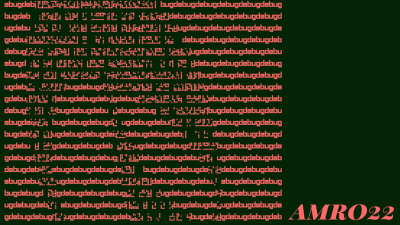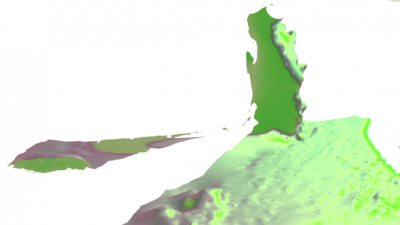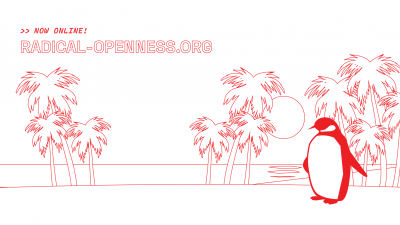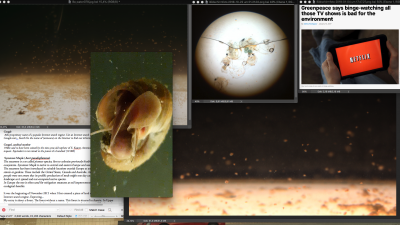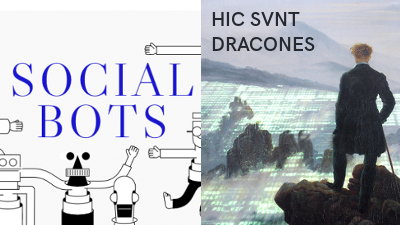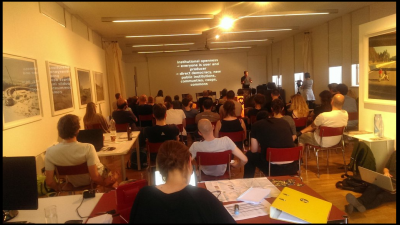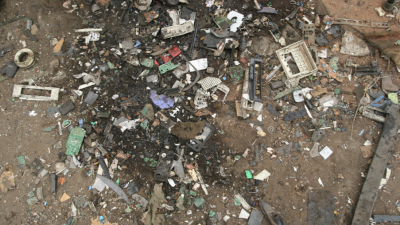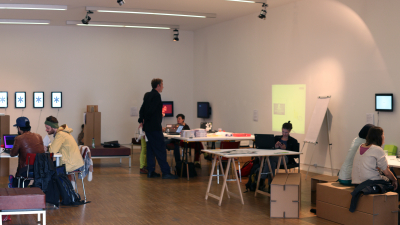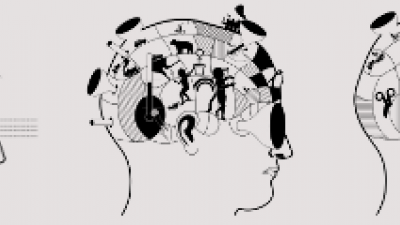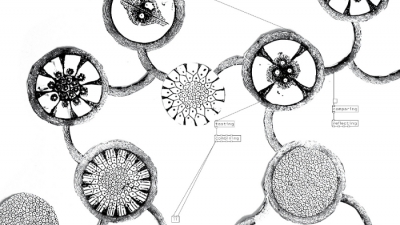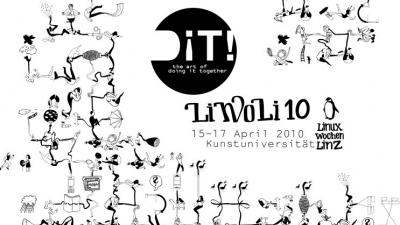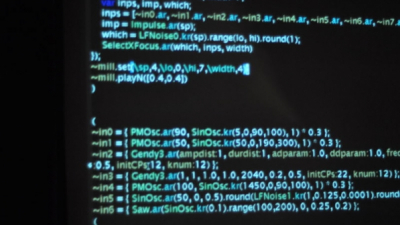Art Meets Radical Openness 2020
20th - 23rd of May 2020
locations: online, DorfTV.at
"We meet at your place!
Due to the circulating Covid-19 pandemic, it was not possible to organize this years edition and gathering as usual. We will miss the possibility to meet our community in the physical space and we will miss the excellent food which was always provided.
Nevertheless, we take this as a challenge and decided to come up with a radical digital version for this years edition of our event which includes our DIY culture of setting up our own trustworthy digital environment. We will be distant but we will be social and happy to welcome you within our online event.
"Of Whirlpools and Tornadoes"
The 2020 edition of the AMRO festival is characterized by reflections upon the “centripetal” and “centrifugal” dynamics of acceleration visible in contemporary society and the ways artistic practice, activism and radical thinking can engage with it.
Of Whirlpools and Tornadoes aims to provide a picture of the current social and technological movements that reflect the diverse troubles our economic and political systems are currently facing. The speed of production and consumption of new technologies is inevitably linked to the waste of natural resources, which humans exploit and use to their own only advantage without considering the equilibrium of the ecosystem.
The acceleration of the effects of climate change runs in parallel to the unstoppable race for technological development, which is often misunderstood as a solution - rather than a cause - of the inevitable environmental catastrophe. Many groups of activists are now trying to push governments into doing more. But there is still very little discussion about models of sustainable technological infrastructure, how this infrastructure can be built and what it might look like. In the meantime, the next generation of smart products are being developed, which will increasingly be connected to the internet. Behind the smooth surface of our daily electronics, even more machines will stream data around the world 24/7, requiring more data centers and energy.
How much more digital do we need to be, when we consider that every cloud is a server farm wasting considerable amounts of energy, water, fresh air and raw materials?
Contributors 2020
Adnan Hadzi, Alexandra Cardenas, An XR Austria participant, Antonio Roberts, Anuradha Reddy, Artemis Gryllaki, Baruch Gottlieb, Bastien Kerspern, Birgit Schneider, Caroline Sinders, César Escudero Andaluz, Chipp Jansen, Christina Gruber, Dasha Ilina, Davide Bevilacqua, DISNOVATION.ORG, Dominik Leitner, Elena Gerebizza, Emil Flatø, Erich Berger, Eva-Maria Lopez, Filippo Taglieri, Franz Xaver, FRAUD, Hagen Kopp, Heath Bunting, Heavy Lifting, Inari Wishiki (aka Yoshinari Nishiki), Interspecifics, Jamie Allen, Joana Chicau, Joana Moll, Jörg Piringer, Jutta Kill, KairUs, Kikimore, Kris De Decker, Malte Reißig, Malte Steiner, Mara Karagianni, Marloes de Valk, Martín Nadal, Martina Schönbauer, Mathieu Zurstrassen, Michal Klodner, Ming Lin, Moritz Morast, Natalia Domínguez Rangel, Nicolas Zemke, Nikola Brabcova, Nishant Shah, NotFoundOn Custodians, Onur, Özgün Eylül İşcen, Post-Bio-Internet Collective, Raphael Perret, Rihards Vitols, Rita Graça, Rob La Frenais, Sai Bao & Yang Mu, Samuel Hertz, Santiago Zabala, Simon Browne, Simon Weckert, Simon Worthington, Taro Knopp, Tega Brain, Trial#1, Us(c)hi Reiter, Valie Djordjevic, Violeta Moreno-Lax, Wolfgang Spahn, Yen Tzu Chang, Z. Blace.
# Contributors # Festival Program #AMRO Gateway




